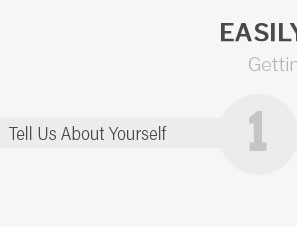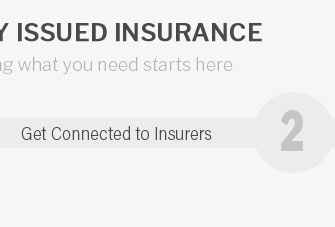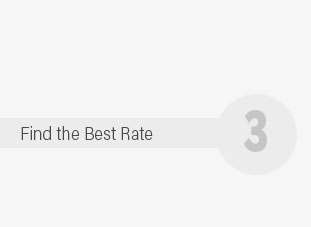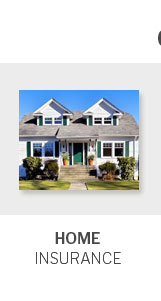 |
 |
 |
|---|
 |
 |
 |
 |
|---|
 |
 |
 |
 |
 |
 |
|---|

Understanding Home Insurance Prices: Expert Tips and AdviceHome insurance, a vital component of homeownership, offers protection against unforeseen events that could potentially devastate one's financial stability. Yet, the cost of home insurance remains a concern for many homeowners, with prices influenced by a myriad of factors that often leave individuals puzzled. To better navigate the labyrinth of home insurance pricing, it is crucial to understand the key elements that insurers consider when determining premiums. Firstly, location plays a pivotal role. Homes situated in areas prone to natural disasters such as hurricanes, earthquakes, or floods typically attract higher premiums due to the increased risk of damage. Moreover, urban properties might face higher insurance costs compared to rural ones, largely because of crime rates and the cost of rebuilding in densely populated regions. Another significant factor is the age and condition of the home. Older homes might require more maintenance and could have outdated electrical and plumbing systems, which increase the likelihood of claims. Thus, insurance companies often charge more for these properties. On the other hand, newly constructed homes might benefit from lower premiums, especially if they incorporate modern safety features and materials designed to withstand adverse weather conditions. Insurance providers also take into account the replacement cost of the home. This is not to be confused with the market value; rather, it is the cost to rebuild the home in the event of a total loss. Higher replacement costs naturally lead to higher insurance premiums. Homeowners can manage this aspect by ensuring they are neither under-insured nor over-insured, maintaining coverage that accurately reflects the true cost of rebuilding. Personal factors, such as a homeowner's claims history and credit score, significantly impact insurance rates. A history replete with frequent claims may suggest a higher risk, prompting insurers to increase premiums. Conversely, a clean record often results in discounts. Similarly, individuals with good credit scores are deemed more reliable and are likely to receive favorable pricing. Understanding these factors can empower homeowners to make informed decisions when shopping for home insurance. However, there are several strategies one can employ to potentially lower their premiums. Installing safety features like smoke detectors, burglar alarms, and deadbolt locks can make a home less susceptible to damage and theft, thereby reducing insurance costs. Bundling home insurance with other policies, such as auto insurance, can also yield discounts from insurers eager to reward customer loyalty.
In conclusion, while the cost of home insurance can seem daunting, understanding the underlying factors and actively engaging with your policy can lead to more manageable premiums. By taking proactive measures and staying informed, homeowners can protect their investments without overstretching their budgets. https://www.jchs.harvard.edu/blog/insurance-crisis-continues-weigh-homeowners
From the Great Recession to the present, homeowners insurance prices have increased 74 percent while home prices have increased more than 40 ... https://www.forbes.com/advisor/homeowners-insurance/average-cost-homeowners-insurance/
Average Cost of Homeowners Insurance by Company. Homeowners insurance costs $729 per year with Progressive for a policy with $350,000 of ... https://www.nationwide.com/lc/resources/home/articles/how-much-is-homeowners-insurance
The First State checks in at third for most expensive states to insure a home in, with average annual rates of $1,172.7. Budgeting for the monthly cost of ...
|
|---|